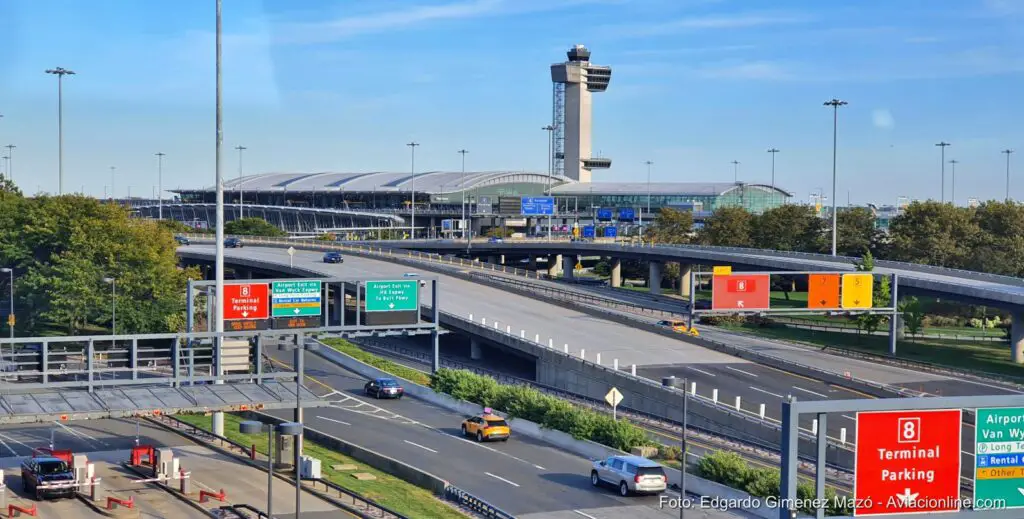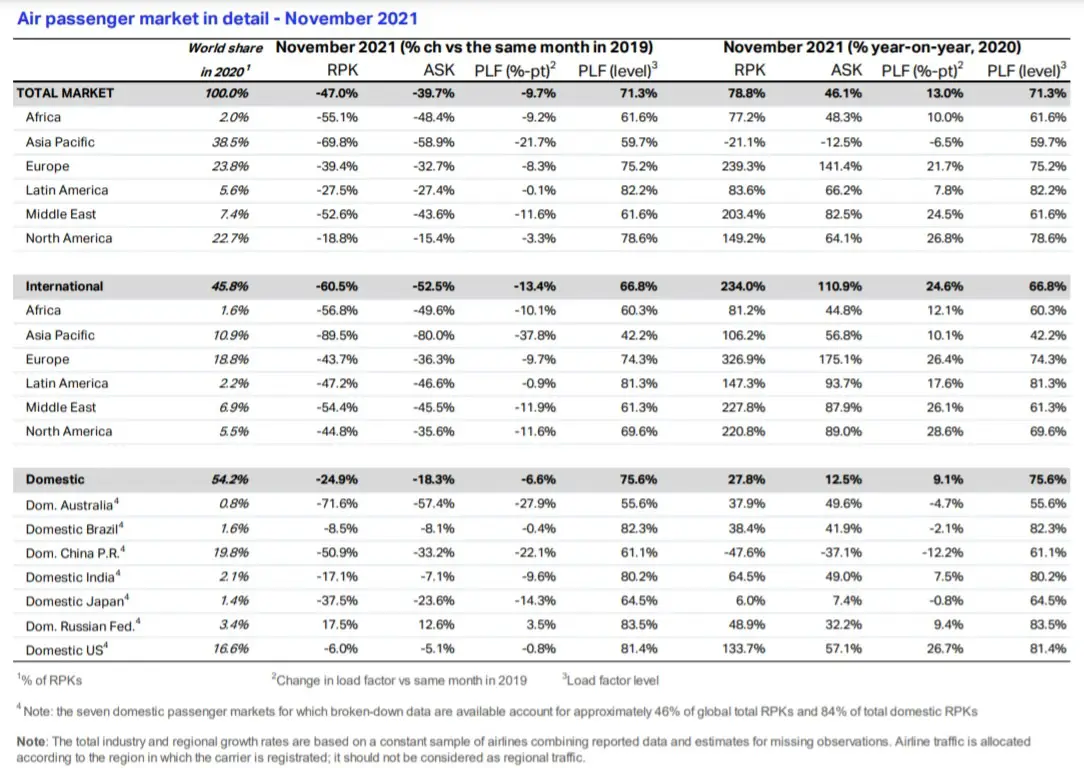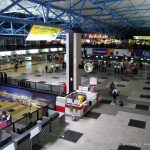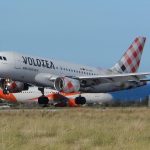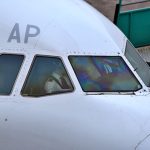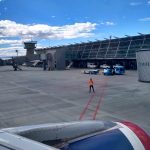IATA reported today that global passenger traffic continued its march towards recovery during November, with the international segment boosted by the reopening of borders in more countries and the domestic segment slightly weakened mostly by new travel restrictions in China, although they estimate that the surge of cases due to the omicron variant and the disproportionate reaction of governments will have a negative impact in the following months.
Travel demand (measured in RPKs, revenue passenger-kilometers) contracted 47% versus November 2019, which represented a slight improvement of almost two percentage points compared to October.
The domestic segment, the industry’s battle horse, fell by 24.9% in November when it had fallen by 21.3% in October. IATA noted that this drop was mainly driven by China, where traffic collapsed by 50.9% after several cities were placed in isolation to contain outbreaks of COVID-19.
In terms of international traffic, demand was 60.5% below that of November 2019, improving by almost five percentage points on October’s values.
Data broken down by region again shows North America and Latin America with the strongest recovery figures, with demand variations of -18.8% and -27.5% respectively versus November 2019.
Capacity (ASK) in Latin American and Caribbean countries was 27.4% down, resulting in just a minimal negative variation of 0.1% in occupancy factor, which stood at 82.2%, the highest among all regions globally, followed by North America at 78.6% and Europe at 75.2%.
Within the international segment, Latin America also saw an improvement in demand compared to October, with values -47.2% lower than in November 2019 (the previous month the drop had been 54.6%). Capacity was down 46.6% and the occupancy factor reached 81.3% (-0.9 pp), also the highest among the regions.
International demand in Europe during November was 43.7% below that of the same month in 2019, an improvement of almost two points versus October. Capacity fell 36.3% and the occupancy factor had a significant decline of 9.8 pp, reaching 74.3%.
«The recovery of air traffic continued in November. Unfortunately, governments overreacted to the emergence of the Omicron variant at the end of the month and relied on the tried and failed methods of border closures, over-testing travelers, and quarantine to stop the spread,» commented Willie Walsh, IATA’s Director-General.
» Not surprisingly, international ticket sales made in December and early January fell abruptly compared to 2019, suggesting a more difficult first quarter than expected. If the experience of the past 22 months has shown anything, it is that there is little or no correlation between the introduction of travel restrictions and the prevention of virus transmission across borders. And these measures place a heavy burden on lives and livelihoods. If experience is the best teacher, let’s hope that governments will pay more attention as the new year begins,» he concluded.

